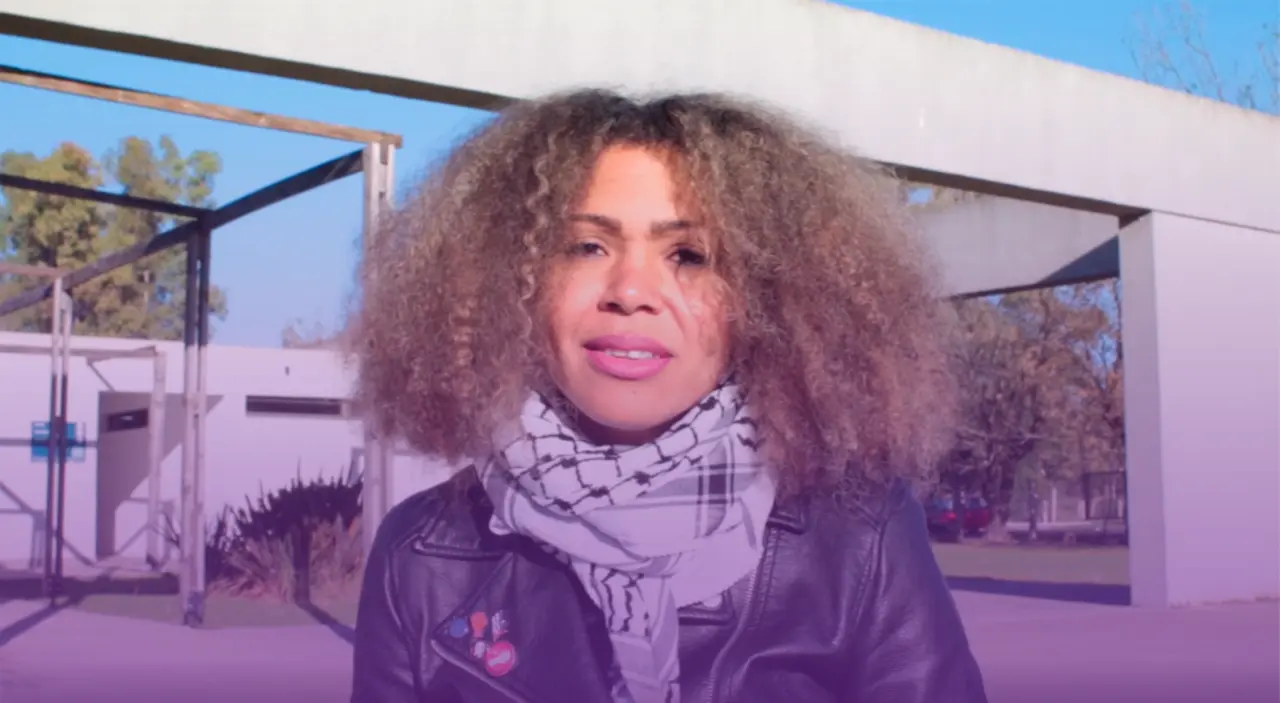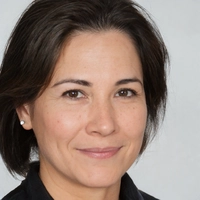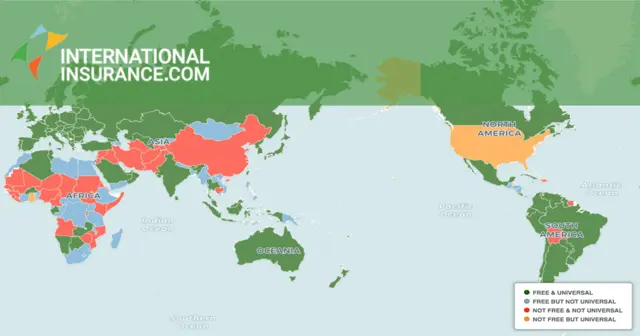
Why can't we have free health care in America?
Examining the Pros and Cons of Establishing Free Health Care in the US
When it comes to the idea of free health care in the United States, there are many questions to consider. On one hand, free health care could potentially provide more Americans with access to quality health care that they may not have been able to afford before. On the other hand, there are many potential drawbacks to establishing free health care, such as increased taxes and a decrease in the quality of care. In order to make an informed decision, it is important to weigh both the pros and cons of free health care in the US.
The Pros of Free Health Care in the US
The primary benefit of free health care in the US is that it would provide access to health care to those who are currently unable to afford it. This could potentially mean that fewer people would have to go without the medical care they need. Additionally, it could reduce the economic burden of medical expenses on low-income families, as well as reduce the amount of medical debt in the US.
Free health care could also provide an incentive for people to seek preventive care, such as regular check-ups and screenings. This could help to reduce the overall health care costs in the US, as many diseases, such as heart disease, can be more effectively treated if caught early. Additionally, free health care could potentially reduce the number of uninsured people in the US, which could have a positive impact on the overall health of the population.
The Cons of Free Health Care in the US
One of the primary drawbacks of free health care in the US is that it would likely require increased taxes to fund the program. This could be a burden to taxpayers, especially those who are already struggling financially. Additionally, free health care could potentially reduce the quality of care, as providers may have to see more patients in order to make up for the loss of income from paying customers.
Free health care could also lead to a decrease in the availability of certain types of care, as providers may be less likely to offer certain services if they will not be compensated for them. Additionally, free health care could potentially lead to longer wait times for patients, as providers may be overwhelmed by the influx of new patients.
Exploring the Challenges of Implementing Universal Health Care in America
Universal health care, or a single-payer system, is a system in which all citizens are provided access to health care regardless of their ability to pay. Despite being a popular idea among many Americans, it has yet to become a reality in the United States. Implementing universal health care in the U.S. is no easy task and requires a thorough understanding of the challenges that exist.
Cost of Implementation
One of the major challenges with implementing universal health care in the U.S. is the cost of implementation. Establishing a universal health care system would require a massive investment of public funds. This would mean higher taxes for citizens, which is not always popular. Additionally, the cost of health care is already high in the U.S. and implementing a universal system may not bring costs down as much as anticipated.
Access to Care
Another issue with implementing universal health care in the U.S. is the lack of access to care. With a single-payer system, all citizens would be entitled to health care, but this does not necessarily mean they would be able to access it. There are areas of the country where there is a shortage of doctors and hospitals, which could make it difficult for some individuals to get the care they need. This would need to be addressed before a universal health care system could be implemented.
Quality of Care
A third challenge with implementing universal health care in the U.S. is the quality of care. With a single-payer system, there is the potential for a decrease in the quality of care provided. This is because doctors may be incentivized to take on more patients in order to maximize profits and may not have the time to provide the same level of care as they would with a fee-for-service model. Additionally, the cost of drugs and treatments may be reduced, which could lead to a decrease in the quality of care.
Politics and Government
Finally, the politics and government of the U.S. pose a major challenge to implementing universal health care. There are many powerful interests that oppose the idea of a single-payer system, and it would take a major shift in the political landscape to make it a reality. Additionally, there are many different opinions on how a universal health care system should be structured, which could make it difficult to get agreement on the specifics.
Universal health care is an idea that is popular among many Americans, but it is not without its challenges. The cost of implementation, access to care, quality of care, and politics and government are all issues that need to be addressed before a universal health care system can be implemented in the U.S. It is clear that implementing universal health care in America is not an easy task, but it is not impossible either. With the right combination of political will, public support, and careful planning, it is possible to make universal health care a reality in the U.S.









